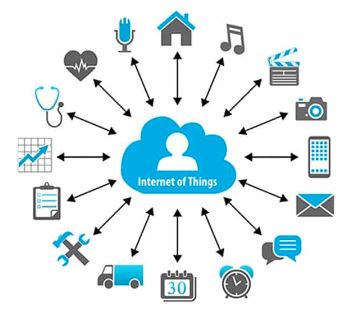The Internet of Things, a solution for road safety?
Context
Intel recently partnered with leading technology partners to collaborate and bring solutions to address road safety-related challenges.
- The collaboration aims to serve as a platform to introduce pioneering road safety initiatives and technologies such as Internet of Things (IoT), and other emerging technologies that can bring impact at scale.
Traffic accidents in India
- India has one of the highest rates of traffic accidents in the world - responsible for nearly 11 per cent of all road fatalities across the globe with just 1 per cent of the world's vehicles.
- There are 17 deaths every hour and an accident every minute on Indian roads.
- Six out of 10 accidents involving commercial fleets can be prevented with timely driver interventions.
- Moreover, the commercial fleet industry suffers efficiency losses up to Rs 48,000 crore per year due to accidents and fleet breakdowns.
What is the ‘internet of things’?
- The ‘internet of things’ (IoT) is essentially the network of physical objects that have embedded within them software, sensors and other digital and networked technologies that allow them to connect and exchange data between them.
- This exchange of data and information occurs through the internet and captures connections between devices that include everything from ordinary household objects — such as fridges or your kettle — to highly sophisticated industrial tools.
- Examples: Although the IoT is often presented as the ‘future’ of technology, it is already very much all around us.
- Online devices have now become essential in a range of industries and sectors, with everything from agriculture and healthcare now reliant on these technologies.
- This is in addition to the many IoT devices found throughout the average household.
| Benefits of IoT |
Risks of IoT |
|
|


